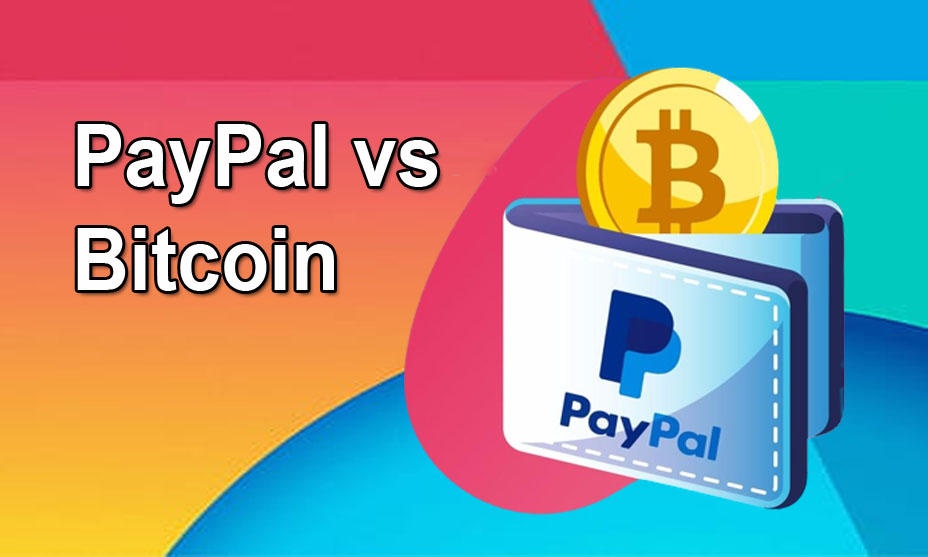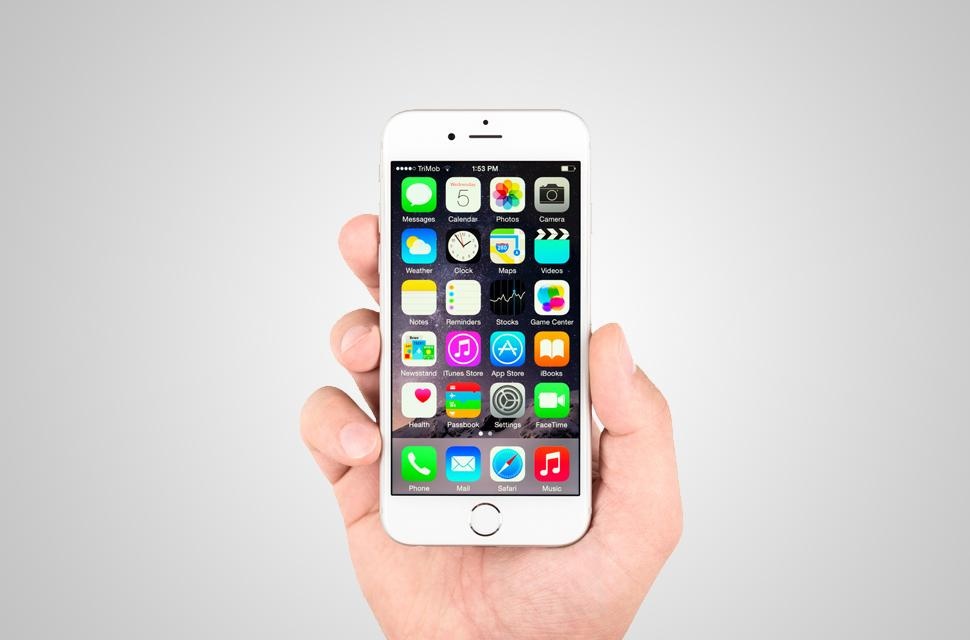Online Payment Opportunities: PayPal and Bitcoin

In an ever-connected digital world, the options for online payments are expanding. This article explores the opportunities presented by two popular methods: PayPal and Bitcoin. Discover these online payment solutions’ benefits, comparisons, and future trends. PayPal and Bitcoin create numerous online payment opportunities, much like Bitcoin Era opens new horizons in automated trading.
Overview of PayPal and Bitcoin
Online payment options like PayPal and Bitcoin each has unique workings. Paypal is a centralized payment network where users can complete online purchases by linking bank accounts, credit cards, or debit cards to PayPal. Bitcoin is a digital currency that operates on a peer-to-peer network. It eliminates the need for intermediaries such as banks.
How PayPal Works
PayPal acts as a mediator between buyers and sellers. Users can create a PayPal account and link their preferred payment methods to store their financial information securely. When making a purchase, users can choose PayPal as their payment option and authorize the transaction. PayPal then deducts the amount from the selected funding source and transfers it to the seller. This process provides convenience and adds an extra layer of security by not directly sharing sensitive financial information with merchants.
How Bitcoin Works
Bitcoin uses decentralized and transparent blockchain technology to record transactions. Users store their currency in a digital wallet; transactions require a digital signature and confirmation from a network of computers.
PayPal vs. Bitcoin: A Comparative Analysis
PayPal and Bitcoin are two well-known choices that frequently come up in conversations regarding online payment systems. Both have grown in popularity significantly and have distinctive features that meet various user demands. This section will compare and contrast PayPal and Bitcoin, looking at a number of factors like security, acceptability, transaction speed and costs, and privacy.
Security
Security is an important aspect to take into account when selecting an online payment option. PayPal offers buyer and seller safety, giving users peace of mind while making purchases. PayPal has procedures in place to handle disputes and safeguard users’ money in the event of fraud or other illegal activity. The use of cryptographic security mechanisms, on the other hand, makes Bitcoin very safe against hacking and fraud attempts. Due to its decentralized structure built on blockchain technology, transactions are transparent and authentic.

Fees and transaction
Fees and transaction speed are also important factors for users. Instant transfers are made possible by PayPal, enabling users to send and receive money fast. Transaction fees are applied based on the type and amount of the transaction. Contrarily, because Bitcoin has variable confirmation periods, network congestion may have an impact on the pace of transactions. However, compared to conventional banking institutions and credit card processors, Bitcoin often provides reduced transaction fees.
Acceptance and accessibility
When contrasting PayPal vs Bitcoin, acceptance and accessibility are critical factors to consider. Users may easily make purchases across many platforms thanks to PayPal’s widespread adoption by several online retailers. Bitcoin is still not as commonly used as PayPal, despite being accepted in a number of different businesses. But as it gains popularity, more companies and organizations are beginning to accept Bitcoin as a means of payment.
It is essential to consider privacy and having control over personal information. Because PayPal is a centralized system, the firm owns and controls all user data. While this may be practical and simple to use, it also raises questions about data security and privacy. In contrast, Bitcoin allows for pseudonymous transactions, which gives users a degree of anonymity. Users now have more control over their financial data and may decide how to publish it.
Emerging Trends and Future Outlook
Technology breakthroughs and shifting customer tastes are driving constant change in the field of online payments. Future-looking rising trends and advancements, such as PayPal and Bitcoin, are reshaping the landscape of online payment options.
The growing use of Bitcoin and PayPal in established systems is a notable trend. Traditional financial institutions and companies are seeing the value of integrating these online payment methods into their daily operations as digital transactions become more common. As more businesses adjust to the needs of a digital economy, we may anticipate seeing PayPal and Bitcoin accepted in a wider range of industries.
The growth of mobile payment options is another trend to monitor. Mobile payment applications are becoming increasingly popular due to smartphones’ ease and broad use. With its mobile app and connection with several shopping platforms, PayPal has already made tremendous progress in the field of mobile payments. Mobile wallets and payment methods have also been developed for Bitcoin. These have enabled users to conduct transactions while on the go. The future adoption of mobile payments is anticipated to be fueled by their accessibility and ease.
DeFi uses blockchain technology to provide financial services directly to customers, cutting away the middleman. The decentralized nature of cryptocurrencies like Bitcoin and this idea is quite similar. DeFi protocols will likely be integrated with online payment systems, giving consumers more choices for handling money and participating in decentralized ecosystems.
The increasing emphasis on data security and privacy will have a significant impact on the future of online payments. Customers are becoming more aware of the importance of their personal information and are therefore seeking greater transparency and control over their data. With their unique approaches to privacy and security, PayPal and Bitcoin are well-positioned to adjust to these shifting customer expectations.
Conclusion
PayPal and Bitcoin continue to play important roles as the online payment environment changes. They meet various user demands thanks to their own benefits and characteristics. Individuals and companies may successfully navigate the future of online payments by embracing emerging trends like mobile payments and decentralized financing.




